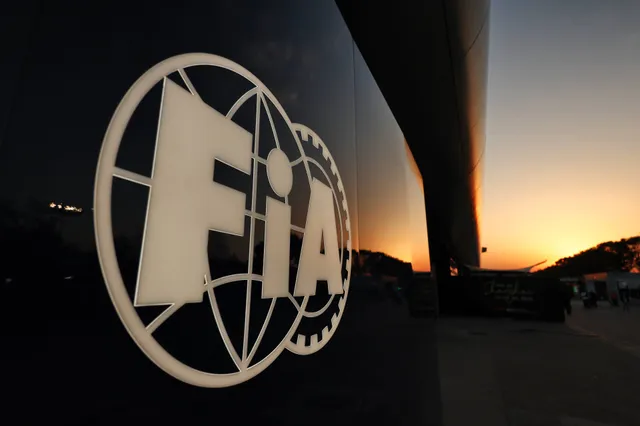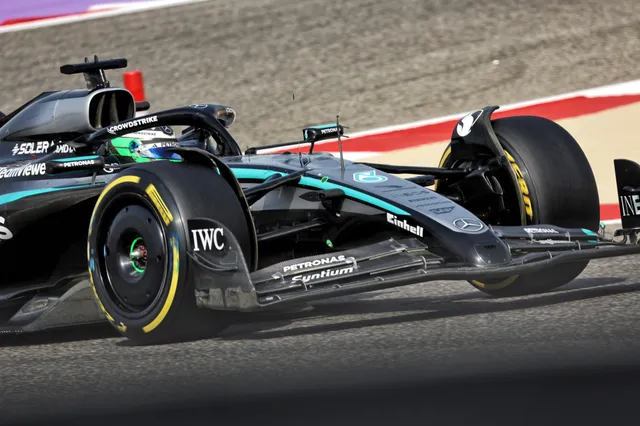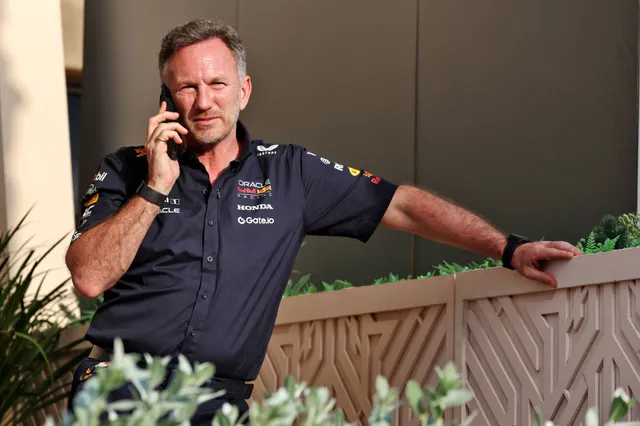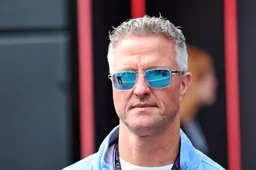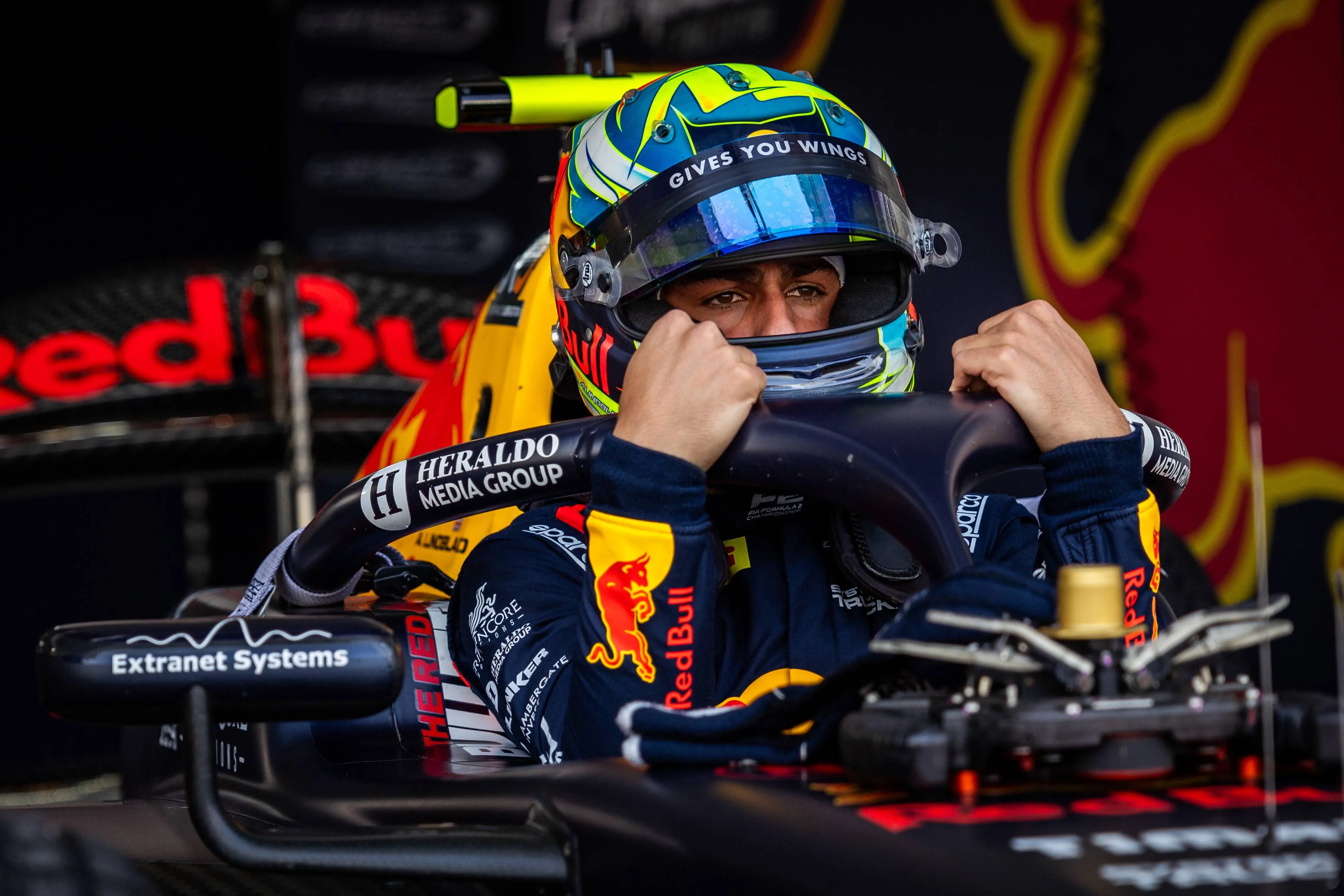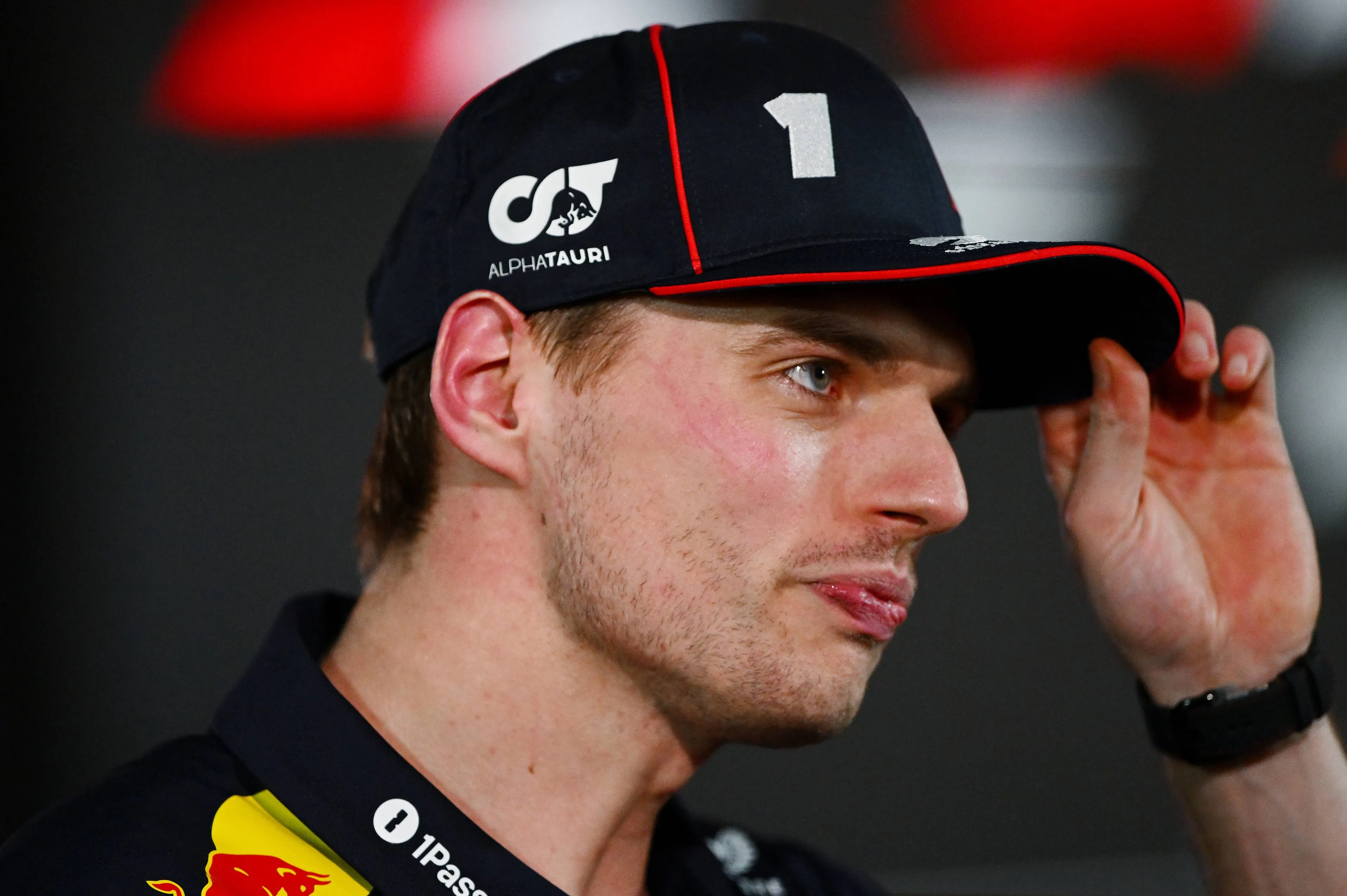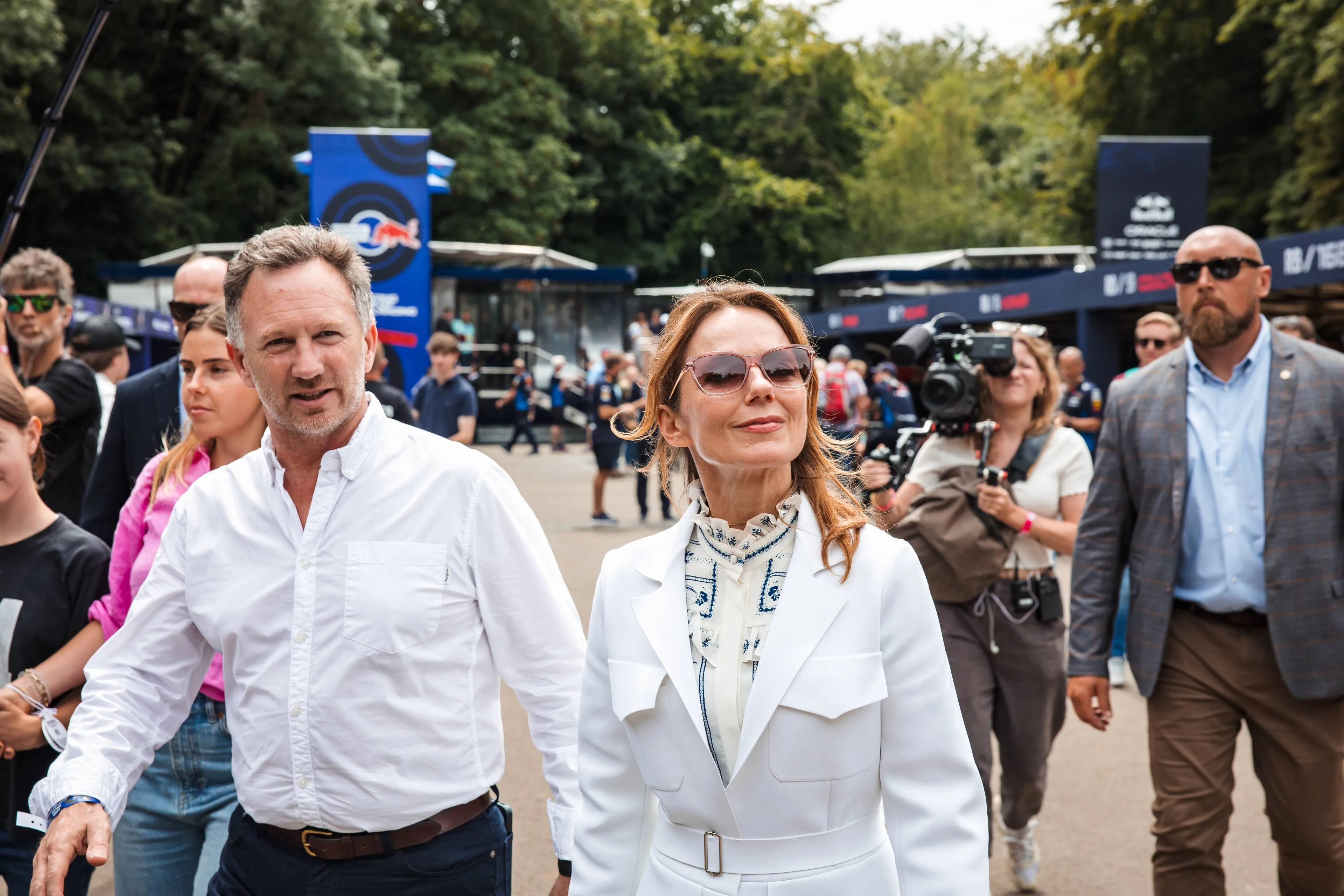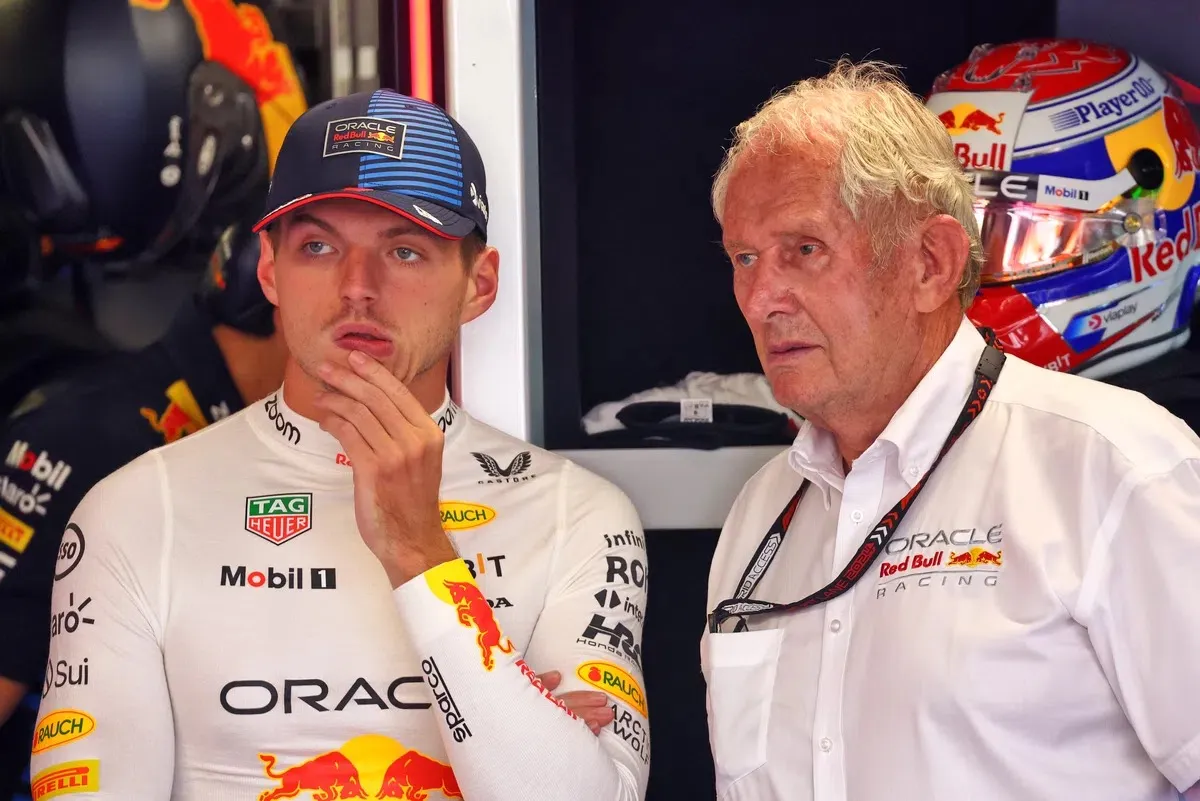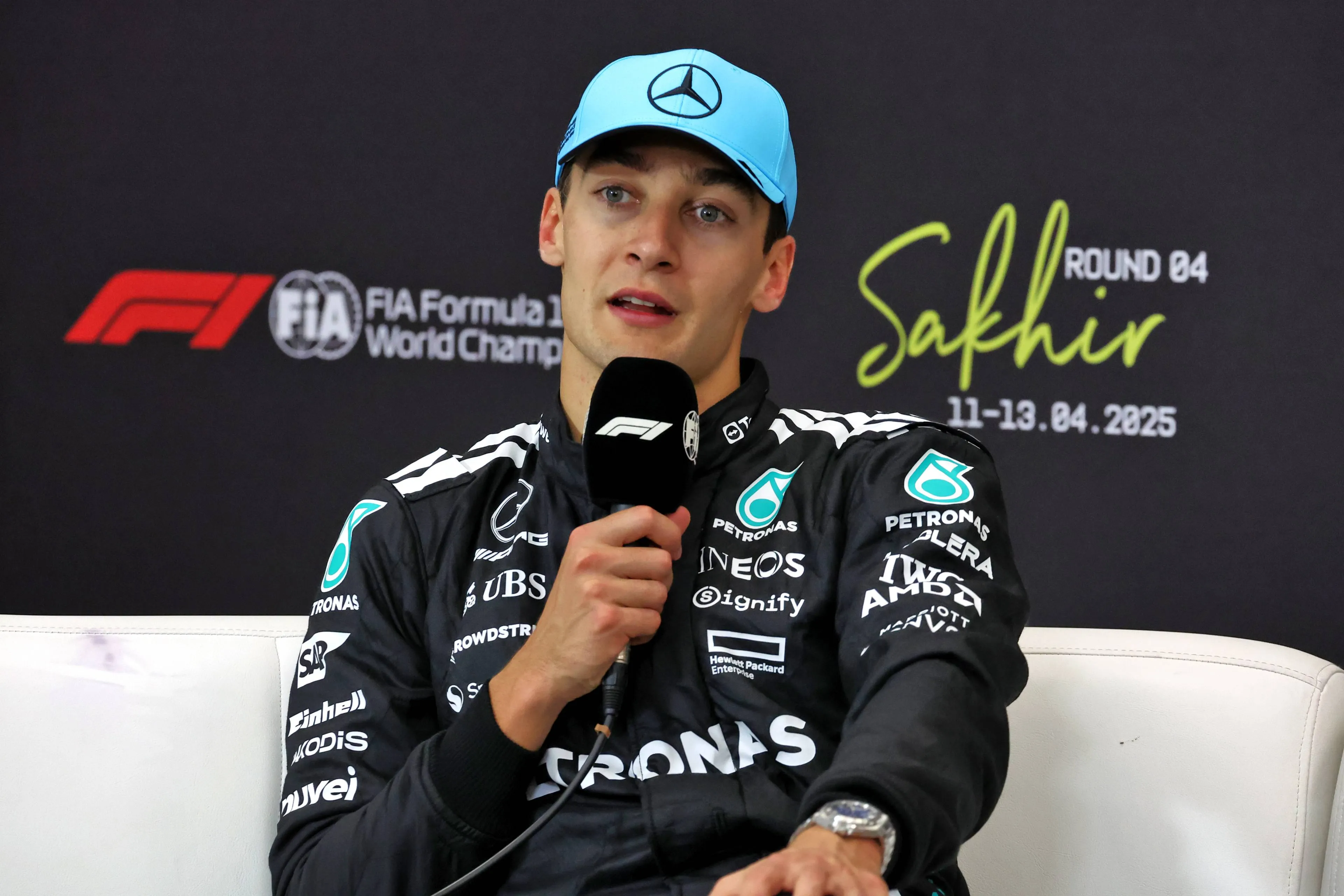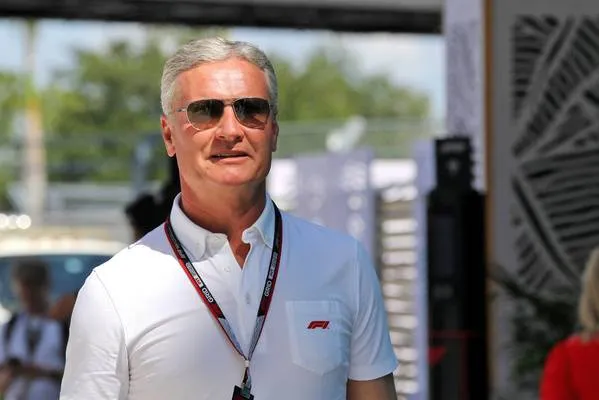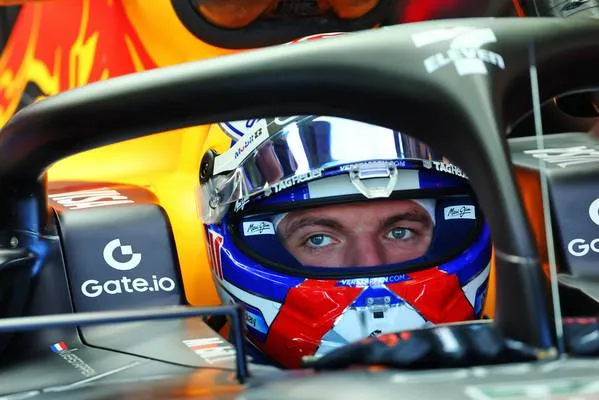Wolff urges F1 to 'hit pause' on engines talks: 'If it works we're trailblazers'
In F1 it's been a subject of discussion in recent weeks: a potential early shift from the upcoming engine regulations, something Mercedes' team principal and CEO Toto Wolff believes F1 should 'hit pause' on.
GPblog understands that the rules regarding the Power Units used in F1 as of next year will not change in the foreseeable future, with the regulations set in place until the end of the 2030 season.
F1 could be trailblazers if they overcome the technical challenge 2026 poses
Wolff, is of the opinion that F1 should pace itself regarding the discussions about a potential - and highly unlikely - early change in Power Unit regulations.
"We need to hit pause, see how 2026 plays out. The engines will be 50% electric — that’s very sophisticated and challenging," says Wolff to media at the paddock in Bahrain, including GPblog, after the race.
"But if it works, we’re trailblazers. Then we can look at what comes next, what’s road-relevant," adds Wolff who then highlights that fan experience is at the core of the manufacturers' decisions, not just the direction the automobile industry is headed.
"Also, what’s best for the show. You might think road relevance is everything for manufacturers, but the show carries equal weight in our decisions."
Although the Austrian team principal does leave the door open for a change in engine regulations, but only for after the upcoming set of rules have run its course, concluding that: "We’re [Mercedes] open-minded about what the next spec of engines should be."
Read also
Honda and Audi support F1's 2026 regulations
The Japanese and German manufacturers point to F1's further electrification of the engines as a reason to stay/join the series. Should it be decided that an early change in Power Unit regulation is needed, then will both powerhouse brands remain committed to F1?
Should they depart, the decision will more than likely hurt F1's value: losing two highly reputable manufacturers is never good for PR. However, whilst Mercedes is also in clear support of the 2026 engine regulations, Red Bull and Ferrari appear to be open to an early switch to a different engine philosophy.
Read also
'Red Bull and Ferrari reportedly open to early switch'
Why would the Austrians and the Italians be open to such a change after investing astronomical figures into the development of the 2026 Power Units? It is unknown.
The competitiveness of their engines -or lack thereof- could first come to mind, but there are no indications that point to this, as both teams seem to be confident in the work they've put into their engines for the upcoming F1 season.
The global economic climate has been named as a strong motivating factor behind the early switch to, namely, the V10 engines. Since the 2021 season, a cost cap was implemented, to reduce spending, yes, but also to retain teams who even before the COVID-19 pandemic were at risk of exiting the F1 championship.
The pandemic proved the measure pivotal, not only in securing the future of the teams, but also in consolidating F1's position to the future. With a cost cap, then a competitive factor is added as well, since how deep a team's pockets is no longer a potential defining aspect in terms of results, which will only become more visible as the years go on.
And so, with the very big numbers that are attatched to the design, building and development of the current hybrid engines, the cutback on spending could very well be the reason why Red Bull and Ferrari would be open to an early switch of F1 engines. However, the actual reason is not yet known.
Read also
Popular on GPBlog
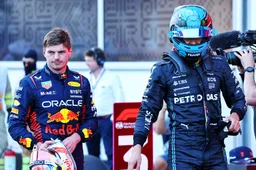
'Russell could be leading the title race, but Wolff would still sign Verstappen for the future'

F1 Tech | How the updates made the SF-25 more balanced
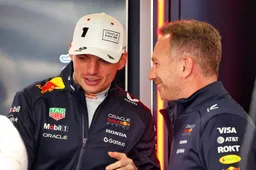
Vettel thinks it is "very possible" that Red Bull and Verstappen "can turn 2025 around"



